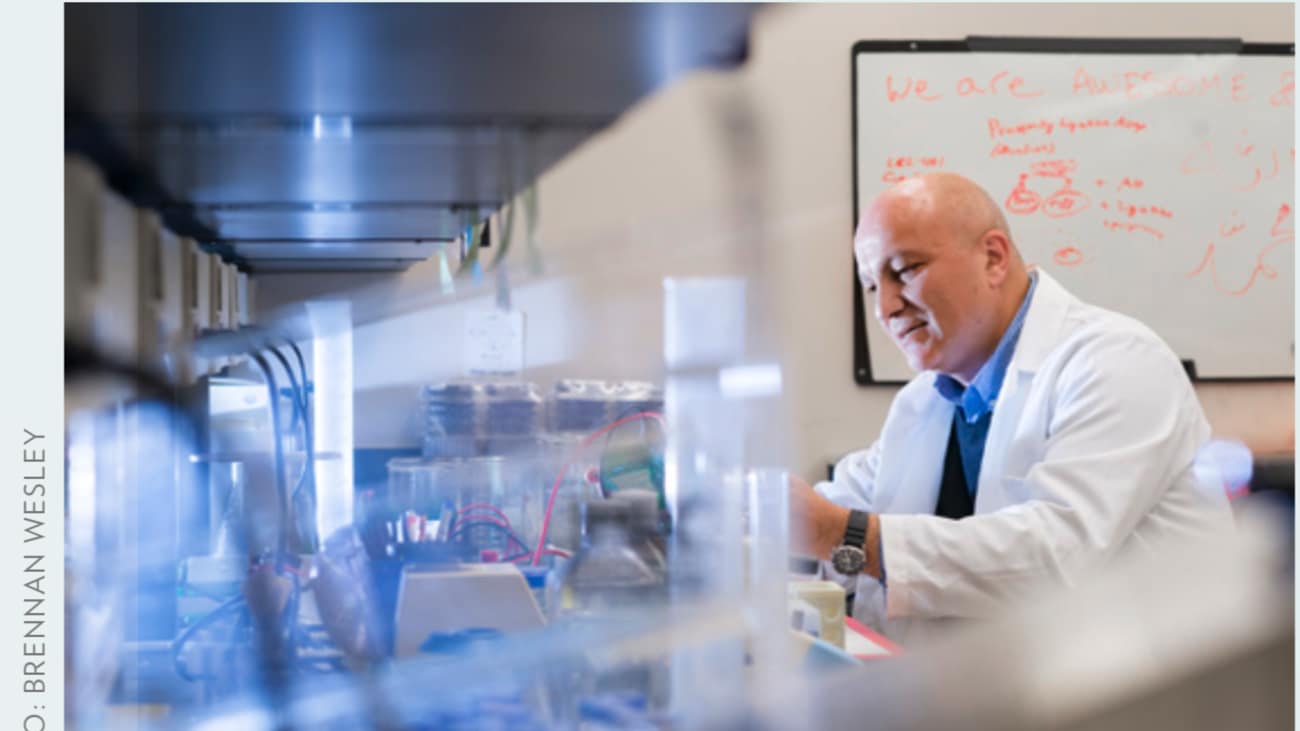
Telomeres Are Like A Biological Clock For Cells
Scientists at MUSC Hollings Cancer Center have found that lung cancer cells resist dying by affecting the aging process, in results published online May 10, 2018 in theJournal of Biological Chemistry. The discovery could help us better understand aging and eventually lead to new treatments for cancer.
At Hollings, research into the connections between aging and cancer is led by Besim Ogretmen, Ph.D., Smart- StateTMEndowed Chair in Lipidomics and Drug Discovery. His team found that cancer cells have specific ways to resist the way normal cells die. They do so by protecting the tips of their chromosomes (telomeres) from age-related damage.
As normal cells get older, the telomeres can start to break down, which is a signal for the cell to die. However, cancer cells have developed a way to prevent their telomeres from falling apart, helping them live longer, which allows them to grow and spread throughout the body.
In their new article, Ogretmen’s group discovered a specific way that cancer cells escape death in response
to telomere damage. They found that a cellular decision-maker, p16, helped cells decide to grow older or simply die.
“Telomeres are like a biological clock for our cells,” says Ogretmen. “In cancer, this biological clock is broken.”
To determine the clinical impact of these data, the researchers caused telomere damage in several cancer cell lines using an inhibitor. This treatment killed cancer cells with low p16 levels; however, cancer cells with high p16 levels were unaffected.
“We’re excited that there is at least one mechanism that can help us understand how aging is associated with a higher risk of cancer,” says Ogretmen.
Ogretmen’s group is enthusiastic that the inhibitor in their study might help combat cancer at many levels. The team is planning a multisite, phase 2 clinical trial in patients with hepatocellular carcinoma.
--SVER AUNE
Source: Progressnotes Fall 2018
